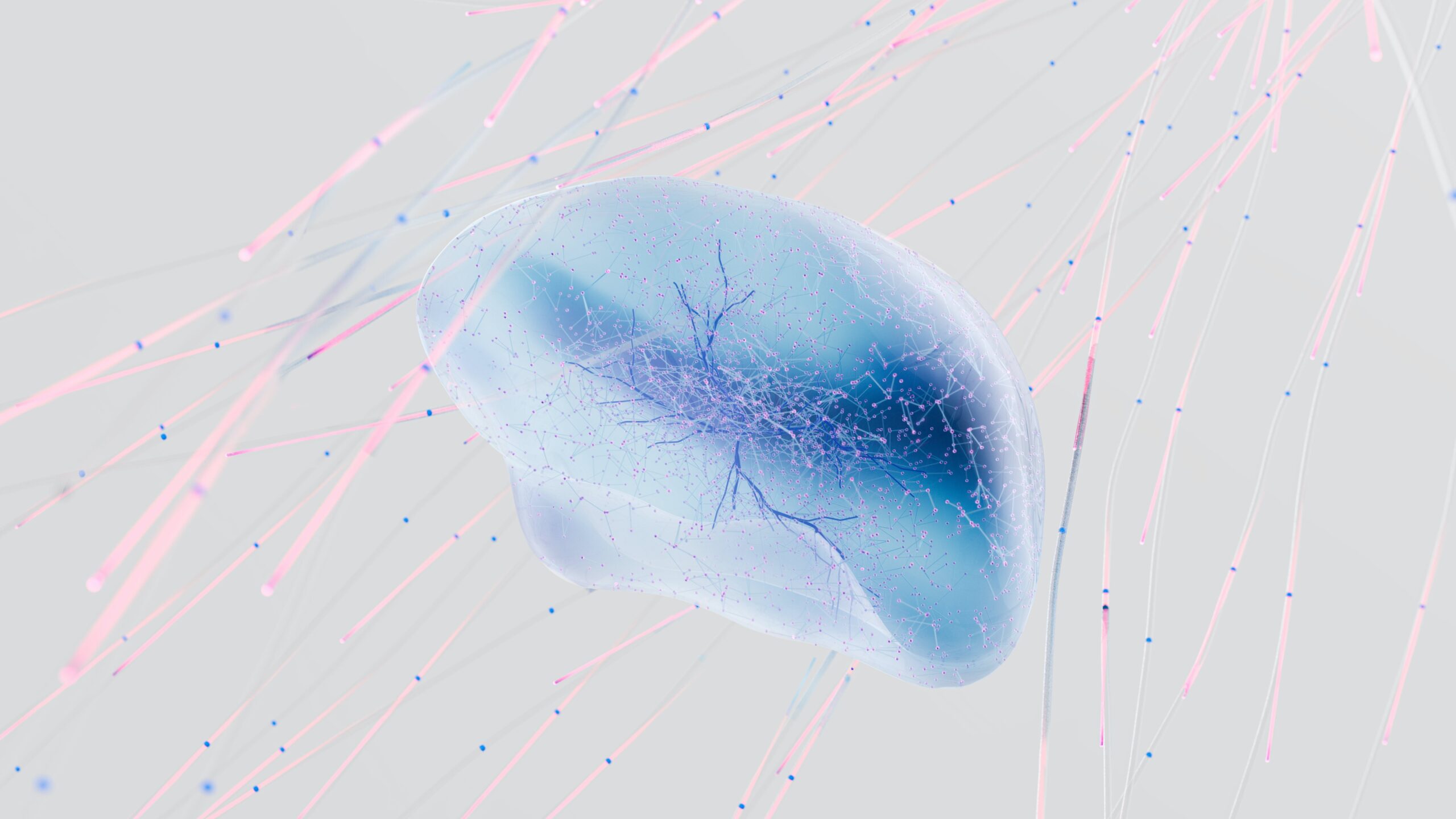
The Gut-Brain Connection
We’ve all felt it – butterflies in our bellies before a big moment. The lump of a “Gut-Wrenching Experience”, The “Gut-Feeling” you get when something is right or wrong for you. <See previous post on intuition>.
We’ve been talking about the connection we have to our GUTS for hundreds of years – it’s talked about in Aruvyveda and ancient Chinese medicine, but western medicine is in its infancy in pulling out the studies that show the enormous connection between our gut health and our brain health.
And the connection is staggering.
To explain what I mean here, let’s go back to Nervous System 101.
I talk a lot about the Autonomic Nervous system within a lot of our sessions we’ve been doing together – that’s where your fight or flight/rest and digest systems live, and it has a HUGE effect on our daily lives.
What I haven’t talked a lot about is the Enteric Nervous System.

The Enteric Nervous System connects your GI, your gastro intestinal tract, with your brain.
Serotonin (the feel good, “I’m content and happy feeling” hormone) – studies are showing that 85-97% of your whole bodies serotonin levels are actually talking through the nerves in your gut.
So we have these sayings like “I had a gut feeling” or a “visceral” reaction to someone. There is a chemical or anatomical base to that.
Dopamine is the hormone that keeps the pleasure circuit running, and helps you take charge and stand up and move forward – about 50% of your bodies dopamine is actually in the enteric system, in your gut.
There’s emerging science that talks further about the brain talking to the gut through the vegas nerve, and having a large effect on your mood, your different psychological or mental conditions, or even if you’re genetically pre-disposed to getting things like Alzheimer’s or dementia.
This. Is. HUGE.
And all of this now is being looked at in relation to the food we eat and the bacteria that lines our gut microbiome.
Our typical American diet is highly processed, and includes a ton of pesticides, which can wreak havoc on our gut health (thus effecting our moods and brain health, drastically). New studies are done every day on the levels of Glyphosate (a widely-used herbicide linked to cancer) in our grains and antibiotics in soil and in animal proteins.
So, if our food sources in the US are not optimal (a much deeper conversation for another day), what can we do to help nurture our gut?
Well, a few things… Here are a few simple steps you can take today to help restore your gut microbiome:
TRY IT YOURSELF
- Add more fiber to your diet.
- Eat leafy greens EVERY DAY – especially those in the Brassicaceae family: kale, collards, broccoli, Brussels sprouts, etc.
- Add 1-2 TBS ground flaxseed to your daily diet – it helps your hormones and has also been shown to improve overall sense of well-being.
- Eat a few TBS of lactofermented foods daily: yogurt, kefir, & sauerkraut are great examples
- Do your best to avoid antibiotic overuse and other unnecessary medications that can harm your gut – including regular ibuprofen use.
(*Sidenote: I’m a certified Health Coach, but not a Doctor. Obviously listen to your body before taking advice from a non-medical professional. That being said, many functional practitioners note that anti-biotics are over-prescribed in the US and can lead to disrupting the gut flora that our immune systems need to thrive. I recommend doing your own research on this subject to empower yourself to decide what is best for you in any given situation).
FURTHER EXPRLORATION
Read: Let’s take it a bit deeper here. The Anti-Viral Gut helps us dig deep into understanding how our gut health also impacts our immunity. With Flu season in full swing, this one will get you remembering those probiotics, for sure.
Watch: This Ted Talk with Food scientist Heribert Watzke. Did you know you have functioning neurons in your intestines — about a hundred million of them? He tells us about the “hidden brain” in our gut and the surprising things it makes us feel.
Listen: Check out this episode of Owning It: The Anxiety Podcast where neuroscientist and gastroenterologist Dr Emeran Mayer talks about The Mind Gut Connection. The guy literally wrote the book on the subject – it’s a good one.
Until next week stay intentional about what you eat, and what you pay attention to.

University of California – Los Angeles. “Study shows how serotonin and a popular anti-depressant affect the gut’s microbiota.” ScienceDaily. ScienceDaily, 6 September 2019. <www.sciencedaily.com/releases/2019/09/190906092809.htm>.
Valles-Colomer M, Falony G, Darzi Y, et al. The neuroactive potential of the human gut microbiota in quality of life and depression. Nature Microbiology, 2019. doi: 10.1038/s41564-018-0337-x
Cell Mol Life Sci. 2020; 77(22): 4505–4522. Published online 2020 May 18. doi: 10.1007/s00018-020-03543-6 Functional circuits and signal processing in the enteric nervous system
November 6, 2023
Be the first to comment